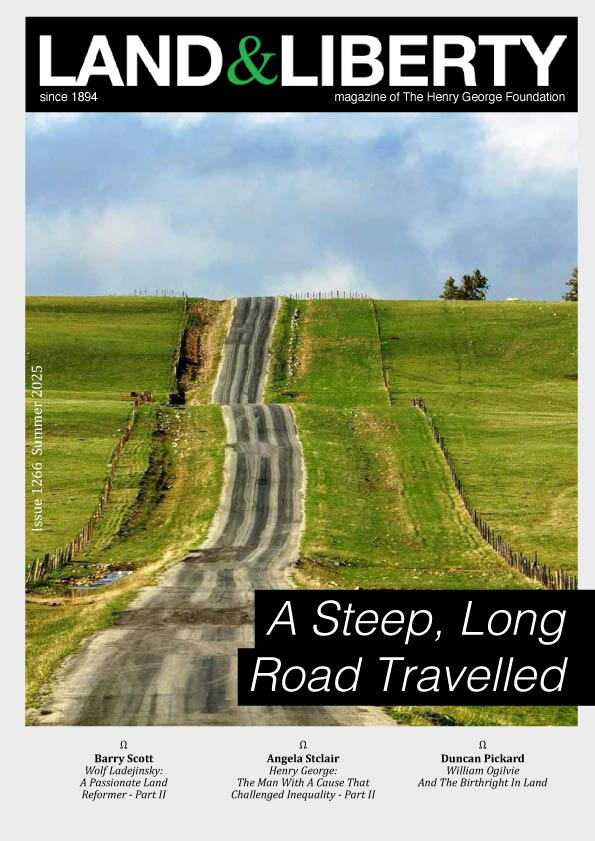Get Updates
HGF Programme Autumn 2016
|
PROGRAMME: FRIDAY EVENING STUDY GROUP- Fridays 6:40 to 8:10pm Admission Free All Welcome Meetings at 11 Mandeville Place, London W1U 3AJ Courtesy of School of Economic Science |
|||
| Date | Wk No | Presenter | Study |
| 30/09/16 | Wk 1 | Joseph Milne | Aristotle’s Politics see below. |
| 07/10/16 | Wk 2 | Richard Bolton | Aristotle’s Politics see below. |
| 14/10/16 | Wk 3 | Joseph Milne | Aristotle’s Politics see below. |
| 21/10/16 | Wk 4 | Richard Bolton | Aristotle’s Politics see below. |
| 28/10/16 | Wk 5 | HALF TERM | |
| 04/11/16 | Wk 6 |
David Triggs freshly returned from UN – Habitat III conference on Housing and Sustainable Urban Development in Quito, Ecuador will present his reflections on how Henry George’s teaching can contribute to the United Nations 2030 Agenda for Sustainable Development and the new Climate Change Agreements. Session 1: An overview of Henry George’s key ideas, the United Nations Sustainable Development Goals for 2030, its New Urban Agenda and their links with the UN’s efforts in connection with climate change. |
|
| 11/11/16 | Wk 7 | David Triggs – Quito Session 2: Implementing Value Capture in Latin America – current limitations but how it might be a step towards wider Land Value Based Fiscal Reforms leading to a just distribution of wealth. | |
| 18/11/16 | Wk 8 | David Triggs – Quito Session 3 The Resource Curse, Real “Free Trade” and Monetary Reform – a Georgist perspective | |
| 25/11/16 | Wk 9 | SPECIAL LECTURE by arrangement with the Coalition for Economic Justice. John Christensen of Tax Justice Network will speak to an on the harmful political and economic effects of tax competition. http://www.taxjustice.net/about/who-we-are/team-structure/ |
|
| 02/12/16 | Wk10 | David Triggs – Quito Session 4: A policy framework for “Public Space” and “The Challenge of the Marginals”. Connecting the dots with George! |
|
| About Aristotle’s Politics at HGF Any student of politics or economics should study Aristotle’s Politics. This book has influenced political thought through the Middle Ages in Christianity and Islam. It is also the work that the rationalists of the Enlightenment read and which many attacked, preferring the philosophy of Machiavelli, as with Francis Bacon and Thomas Hobbes for example. Reading Aristotle’s Politics provides an opportunity to compare the classical vision of society and citizenship with our own secular vision of the industrial society. But also, Aristotle’s analysis of what is just and works well for a society and what is harmful is as valid today as it was over two thousand years ago. The text will be from: Aristotle’s Politics, Carnes Lord, Second Edition, 2013. |
|||
| Some printed material will be available for week 1: Students are encouraged to acquire a copy of the book. | |||
| PROGRAMME: FRIDAY AFTERNOON STUDY GROUP 2.30pm to 4pm | |||
| This study group will meet every Friday during the term, dates as above. The group will continue reading Henry George’s important work ‘Social Problems’ which has proved to be a significant study in previous terms. There will be special presentations on the following dates: 30th September Haydon Bradshaw will present ‘The Productivity of Europe in 14 charts’. 4th November we shall consider ‘Land Reform in Taiwan’ by Chen Cheng (1960). 8th November Alan Roberts will present part 3 of Alexander Pope’s essay on ‘Man in Society’. The Group will be led by Tommas Graves and Michael Learoyd. Everyone is welcome to join. |
|||
Donate Today
Bank Transfer
DonateHelp us minimise transaction fees and administrative costs by donating via bank transfer.
PayPal
To Gift Aid your donation, please request a Gift Aid Declaration Form >

